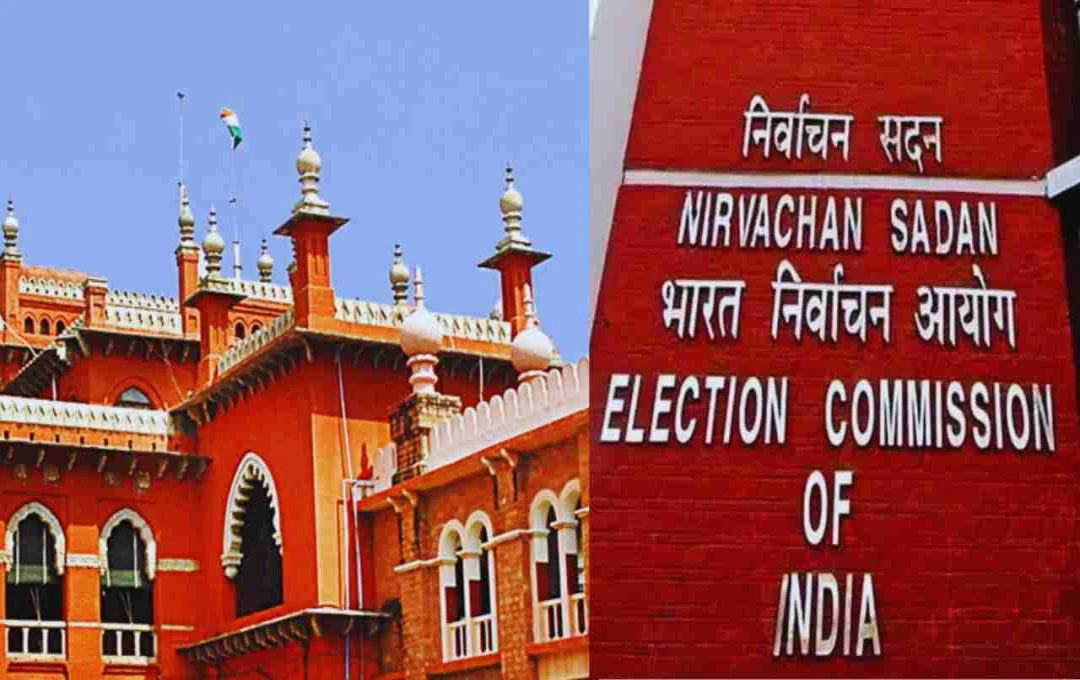The long-standing discussions between India and the United Kingdom (UK) have finally culminated in a historic agreement. The Free Trade Agreement (FTA) was signed in the presence of Indian Prime Minister Narendra Modi and UK Prime Minister Keir Starmer. This agreement is expected to take trade between the two countries to new heights.
Following this agreement, duties will be removed on 99 percent of exports from India to the UK. This will directly benefit Indian exporters, especially in sectors such as textiles, pharmaceuticals, medical equipment, leather, agricultural products, and chemicals.
Whisky and Gin to Become Cheaper, Foreign Liquor Market to Change in India
Under the FTA, the import duty levied in India on premium whisky, gin, and wine coming from the UK will gradually decrease. Currently, these products are subject to a duty of approximately 150 percent, but this will now be reduced to 75 percent in the first phase and gradually to 40 percent over the next 10 years.
How Much Price Reduction is Possible?
Industry experts believe that if a bottle of British Scotch whisky currently sells for Rs 3,000 in India, its price could come down to Rs 1,200 after the tax cuts. Similarly, a bottle of gin priced at Rs 4,000 could be available for Rs 1,600.
These changes will not only benefit liquor enthusiasts but will also bring relief to the hotel and restaurant sector, as they will now be able to source foreign brands at lower prices.
Indian Traditional Liquor to Get a New International Platform

The impact of the FTA will not be limited to foreign liquors alone; it will also provide international recognition to India's indigenous liquor. Goa's traditional Feni, Kerala's Toddy, and Nashik's wine will now find a place in retail stores and high-end hotels and restaurants in the United Kingdom.
Goa's Feni, made from coconut or cashew, will now be seen competing with Scotch whisky in the British market. The Indian government aims to increase exports of Indian alcoholic beverages to $1 billion by 2030.
Branding of Wine, Beer, and Desi Liquor to Get a Boost
Both the government and the industry are preparing to take India's alcoholic beverage sector to new heights after this deal. Products such as Feni, Toddy, and local wines will now be introduced in the international market with GI tags.
India's organic and natural traditional liquors will now target consumers who are looking for healthy and authentic beverages. Along with this, there may be changes in the packaging, labeling, and promotion of liquor so that these products can survive in the global market.
Cars and Other Products Also Likely to Become Cheaper
The scope of the FTA is not limited to liquor and food items. British car companies will also get an opportunity to expand their business in India. Under this agreement, customs duty will be reduced on 90 percent of British products in India.
This means that British car brands, skincare products, and other luxury items may be available in the Indian market at more affordable prices than before. This will give Indian consumers more choices and increase competition in the market.
Tourism and Liquor Industry to Benefit

The reduction in liquor prices in India may lead to an increase in the number of domestic and foreign tourists. The easy availability and lower prices of foreign liquors at tourist destinations such as Goa, Kerala, and Himachal will also boost tourism. Along with this, local distilleries and the liquor industry will also get an opportunity to expand.
Additional Trade of $34 Billion
The FTA aims to increase trade between the two countries to $34 billion annually. This agreement is one of the largest trade agreements for India to date, and it will also open avenues for foreign investment.
Investors will get facilities to do business in India, and Indian products will get a b market with international reach.
International Journey of Feni, Toddy, and Wine Begins
The time is not far when Goa's Feni or Nashik's wine will be served as a special drink in a London bar. India's traditional liquors can create a distinct identity in the global market based on their taste, quality, and heritage.
The FTA has opened this door, and it could prove to be a major turning point for India's alcoholic beverage sector.















